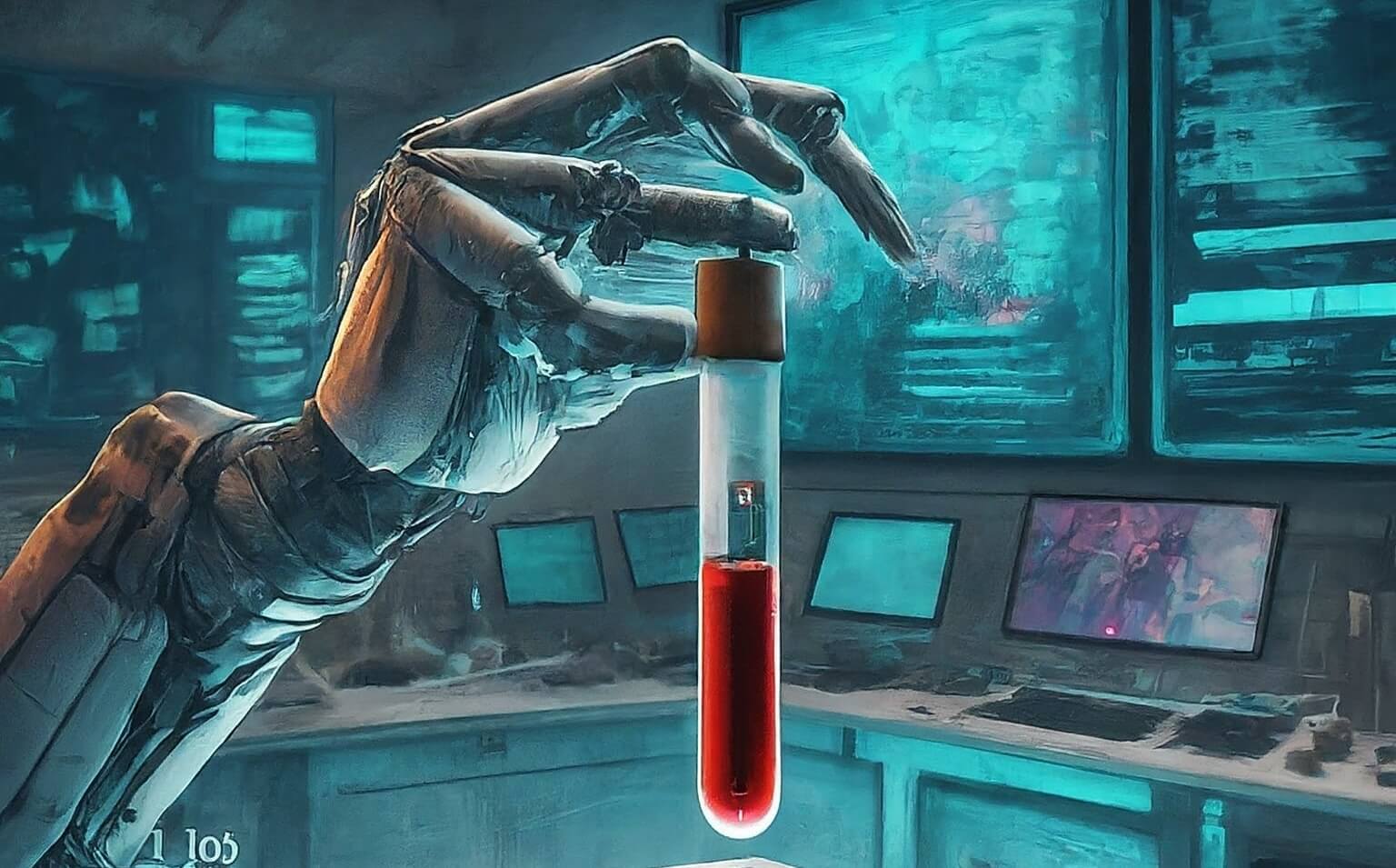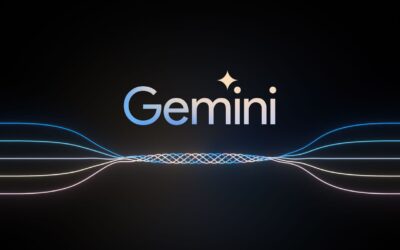Sniffing Out Rare Diseases is Finally Getting Easier Thanks to AI Doctor Assistants

Whoa nelly, even thinking about the crushing stress of watching loved ones suffer mysterious symptoms with zero diagnosis makes my anxiety spike faster than my cousin Caleb after quad shot espressos! Sadly it’s a scary reality for millions with rare diseases though.
But take a deep breath and have hope, patients and caregivers – because artificial intelligence is FINALLY riding to the rescue illuminating paths to identifying even the rarest illnesses! Yeah, yeah – I know AI already mastered party tricks like art and arguments. But saving lives? That’s next-level!
From dramatically accelerating genetic analysis to making medical research accessible for DIY detectives, let’s highlight the health heroes hastening answers for rare disease patients via applied AI awesomeness…
The Struggle Finding Answers
First, we have to acknowledge the traumatic turmoil suffering strangers shoulder seeking any glimmer of medical clarity for their conditions. Getting properly diagnosed with a rare disease can take up to 6 years on average! All while debilitating symptoms savage bodies and morale.
The root cause of such extensive delays often comes back to data gaps for uncommon conditions. With uber-limited case volumes to reference, docs struggleActivate isolating similarities. And without official diagnosis, acquiring proper treatment is basically impossible. Talk about constant anxiety!
But emerging AI tools filtering big data may finally shed light…
AI To The Computational Rescue
We’ve all seen those slick IBM Watson ads with doctors leveraging AI to save patients. Well turns out that use case holds tremendous potential accelerating rare disease diagnosis! With healthcare still drowning under data overload, AI acts as life preserver.
Cloud platforms from Microsoft, Google, AWS and more now offer clinician AIs like Watson ready to deploy. Feed these digital helpers troves of population health records and medical research, let algorithms churn probabilities – suddenly recogn recognizable patterns emerge from the ambiguity pointing to possible rare conditions.
It may seem subtle, but narrowing down seldom seen diseases from thousands of possibilities to a shortlist for doctors represents massive progress. Clinical trial matching also improves to further collective knowledge. Diagnoses in days rather weeks!
Helping The Desperate “UnDIAGNOSED”
The benefits cascade beyond just doctors though – increasingly patients themselves utilize medical AI companions when desperate for rare diagnosis explanations.
Famously, the TV show “UnDIAGNOSED” follows Dr. Lisa Sanders as she investigates mysterious patient illnesses. Many cases leverage IBM Watson’s symptom checker during the journey – often leading to eureka diagnostic discoveries by surfacing unexpected genetic or environmental connections.
And consumer symptom analyzer apps like Buoy Health and K Health actually build on similar AI under the hood. Millions now input health data seeking relief from endless ambiguity about conditions. So AI advances help both sides!
While no robot replaces specialized clinical exams, narrowing possibilities and identifying insights humans potentially miss goes incredibly far restoring hope and direction.
What Rare Diagnosis Gains Still Needed?
As tremendously encouraging as progress has been applying medical AI to unraveling rare diseases, work still remains improving empathy and access.
Caregivers rightly worry algorithms tuned predominantly on majority cases become blindsided to lesser known illnesses. And global health equity matters ensuring underserved communities also benefit from tech upgrades. No one left behind!
So while AI promises to accelerate diagnosing the rarest of diseases – optimizing deployment and closing gaps stays vital. We need a compassion layer blending computational power with human wisdom on next phase advances.
But make no mistake – medical AI ushers in a game changing era, especially for those who waited agonizing years stuck between unwell and undiagnosed. Squeezing meaning from ambiguity will only get better in days ahead!
Now if you’ll excuse me, I’m off to backup my Ancestry.com genome data in case I ever need custom diagnosis. Catch ya on the health grid, Fatsters!
Read More
Kittl Just Raked in $36 Million For Its Browser-Based Design Toolkit
Kittl Just Raked in $36 Million For Its Browser-Based Design ToolkitSimmer down and grab some kombucha, Fatsters! We've got some refreshingly cool funding news popping off in the digital creative space thanks to Austria’s rapidly rising star Kittl. The slick software...
Using AI to Plan the Ultimate Family Vacation
Using AI to Plan the Ultimate Family VacationWell butter my backside and call me a biscuit! Is that travel bug nipping at you again, Fatsters? I feel ya. After being cooped up enduring this never-ending pandemic, Big B is JONESING to get his wanderlust on too. But...
From Bard to Gemini: Inside Google’s Fast Bot Rebranding
From Bard to Gemini: Inside Google's Fast Bot RebrandingSimmer down and grab some popcorn, Fatsters! We've got some piping hot search engine drama popping off thanks to the mad scientists over at Google. Just days after making a huge hullabaloo announcing their...



